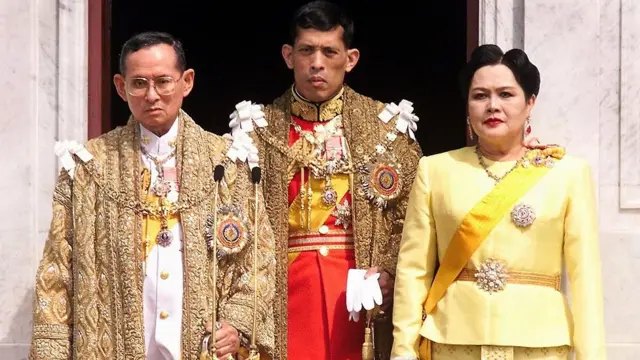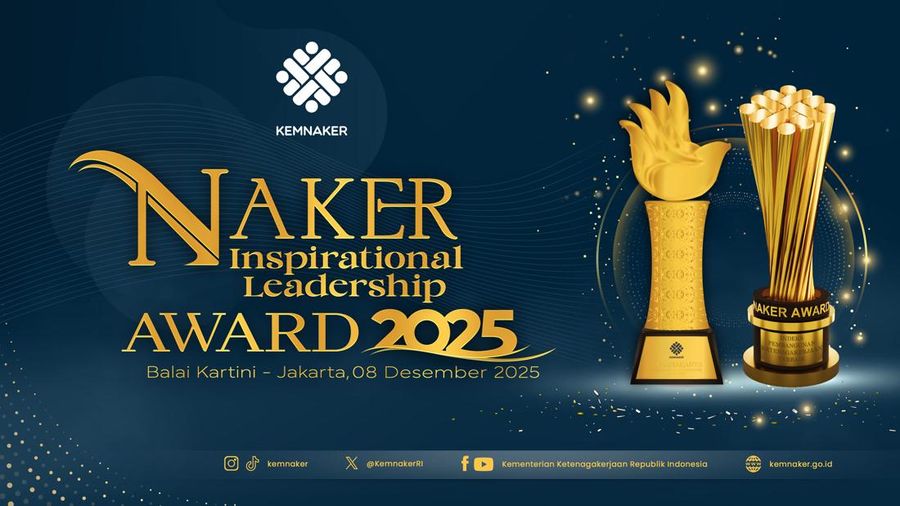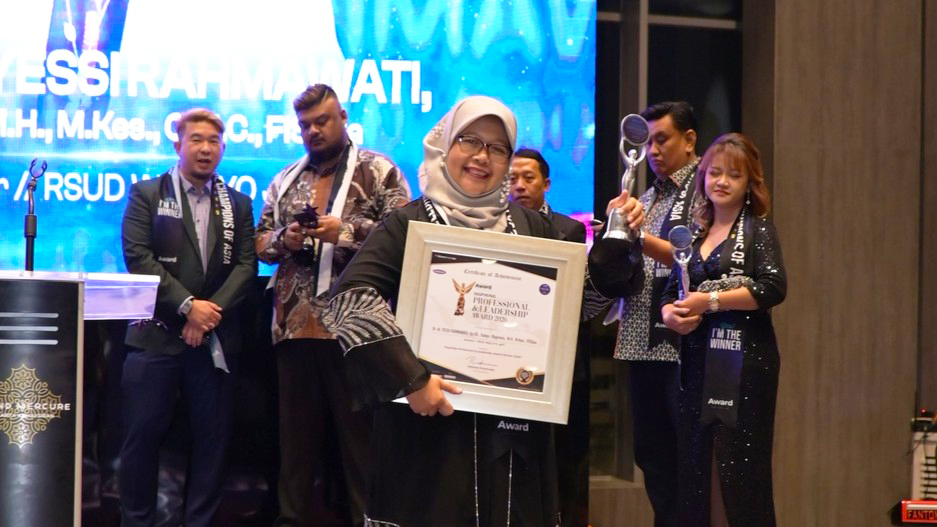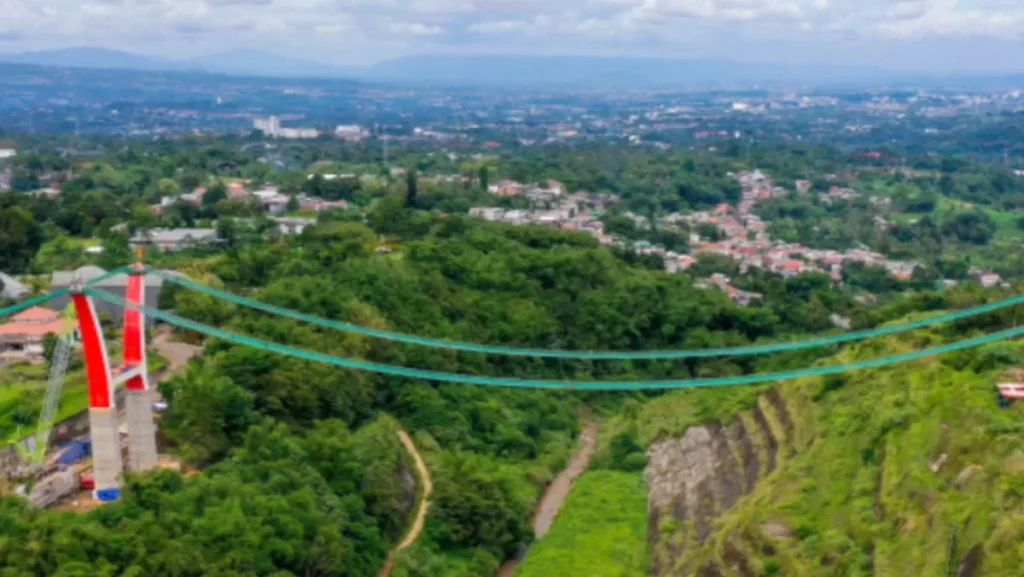Bangkok – King Maha Vajiralongkorn (Rama X) of Thailand has emerged as the world’s wealthiest reigning monarch, according to a 2025 report by Financial Express. With a net worth estimated at USD43 billion (equivalent to over IDR700 trillion), his personal and institutional holdings surpass those of other global royals, including the UK’s King Charles III and Dubai’s Sheikh Mohammed bin Rashid Al Maktoum.
At the heart of the monarch’s wealth is an expansive real estate empire, reportedly encompassing more than 16,210 hectares of land across Thailand and 40,000 national lease contracts. Notably, over 17,000 properties are located in the capital city of Bangkok alone, granting the Thai Crown exceptional control over urban commercial zones and residential hubs.
The majority of these assets are managed through the Crown Property Bureau (CPB), which, unlike similar institutions in other monarchies, falls directly under the king’s personal authority since legal reforms enacted in 2017. This places significant financial and strategic infrastructure—ranging from high-value land parcels to long-term development rights—under royal oversight, with implications across Thailand’s business, investment, and urban planning sectors.
A striking symbol of this opulence includes 52 golden vessels, part of the king’s royal fleet, further underscoring his reputation not just as a political figure but as a central economic stakeholder in the region.
In recent years, the role of the Thai monarchy in economic development has come under greater scrutiny, particularly as royal wealth intersects with private investment and public policy. Observers note that Vajiralongkorn’s consolidation of the CPB has reshaped traditional boundaries between state and royal assets—an arrangement unique among modern constitutional monarchies.
For corporations and foreign investors operating in Thailand, understanding the landscape of royal influence is critical. The royal family’s holdings often intersect with commercial real estate developments, infrastructure projects, and long-term land leasing. Many joint ventures—especially those in central Bangkok—entail negotiations involving royal land.
While the monarchy does not directly engage in corporate business activities, the extensive reach of royal-owned land and capital exerts indirect influence on everything from market valuations to national zoning priorities. Some analysts liken the king’s asset portfolio to that of a sovereign wealth fund, albeit under personal control rather than government administration.
In a regional context, Thailand’s royal financial structure continues to set it apart from neighboring ASEAN countries, positioning the monarchy as both a cultural and economic institution with significant long-term impact on national and regional development.






